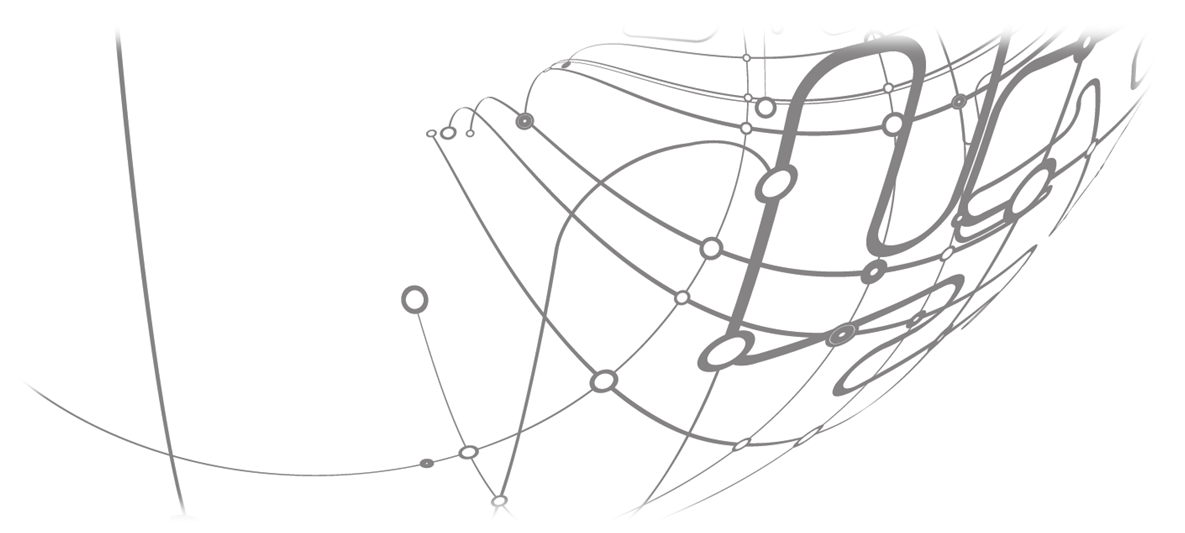
Education
CERN openlab is a structure designed to create knowledge. This is done through the evaluation of solutions as well as genuine research and development of IT technologies. This knowledge is then disseminated through multiple channels. One of the major dissemination channels is the publication of reports and articles, as described in the preceding section, but this may be viewed as passive dissemination. The openlab education programme, which provides active dissemination, is currently implemented through several lines of actions.
Workshops or seminars are regularly organised at CERN on advanced topics directly connected to the openlab projects. Most of these workshops have a special feature: they involve a mix of lecturers from both industry and CERN, thus exemplifying the CERN openlab principle of two-way knowledge transfer through active collaboration. Several of them combine hands-off theory with hands-on practice.
These direct training activities are complemented by the CERN openlab Student Programme, which was launched in 2002. In total, 330 students have participated so far. The programme period is from June to September and the students work on cutting-edge computing technologies supervised by openlab staff, other groups in the Information Technology, Engineering and Physics Departments as well as staff from WLCG.
Visits are organised to the LHC experiments and the CERN facilities. In addition, the students have the chance to visit famous universities such as the EPFL and ETHZ, or research centres such as ILL. A dedicated lecture series for the students is given every year by CERN experts. A part of the students are funded by CERN whereas the rest are funded by openlab partner and contributor companies.
Follow the links within this section to discover more information about the Summer Sudent Programme and how to apply.





